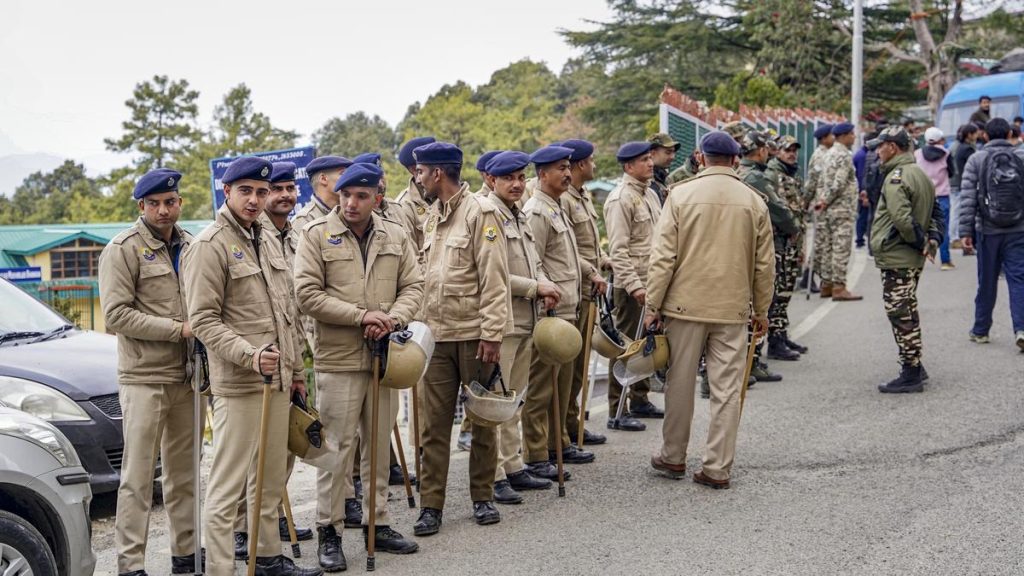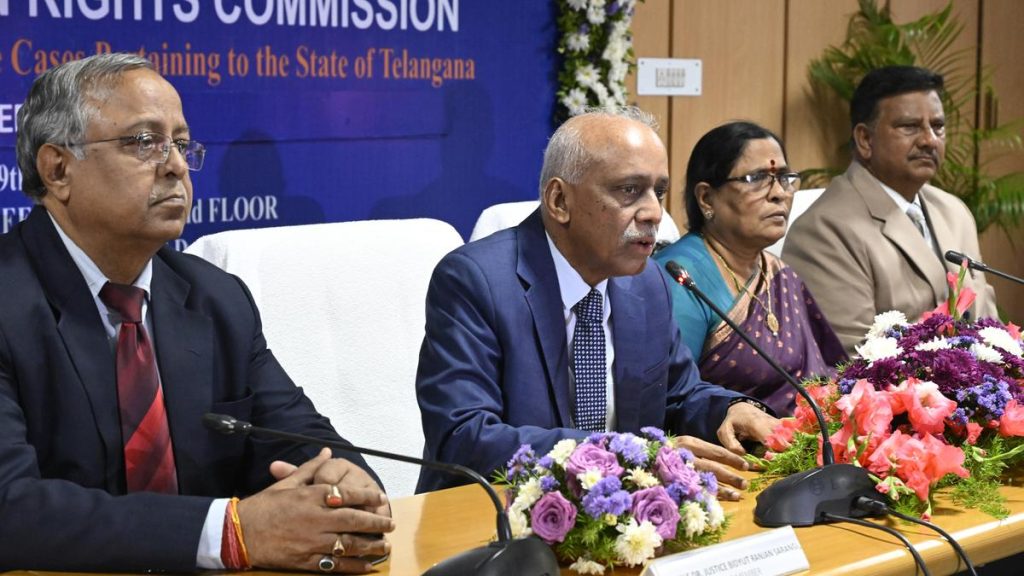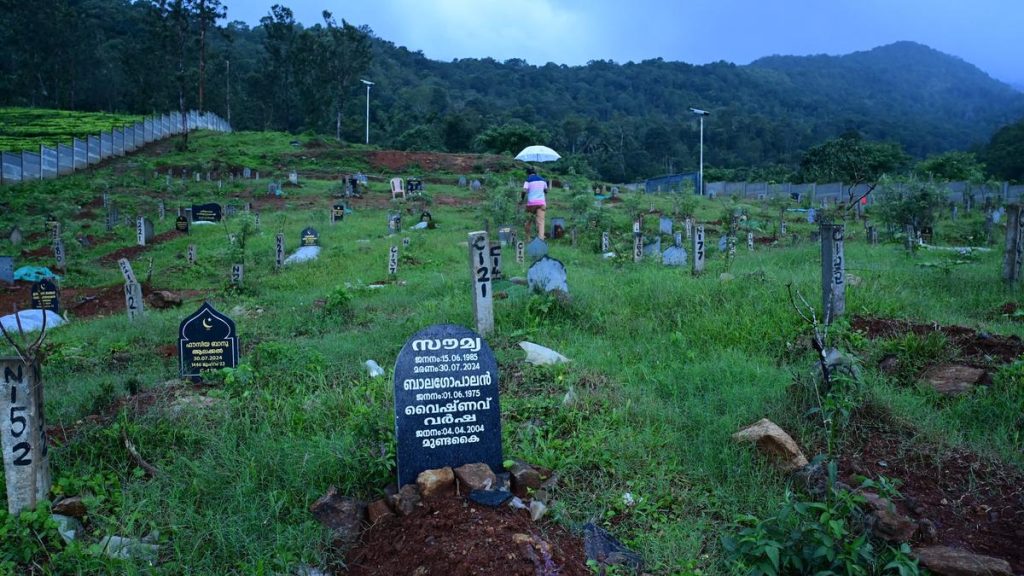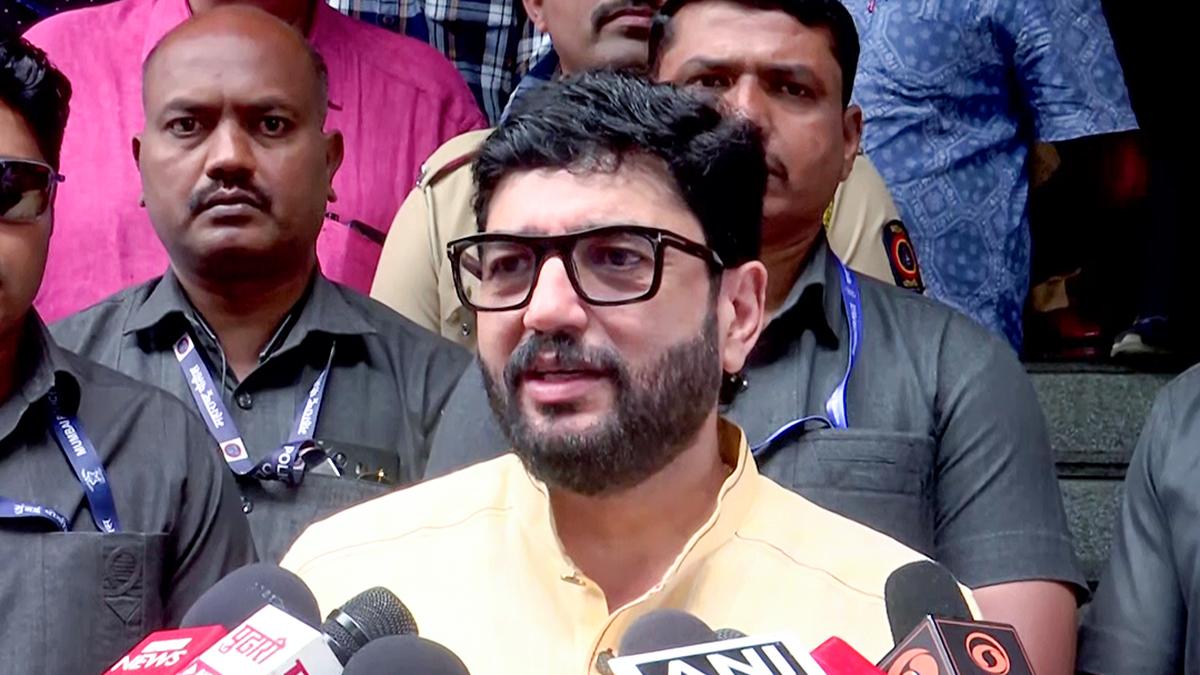Now Reading: Greenpeace, Civil Society Urge Action to Hold MSC Accountable for Environmental Damage
-
01
Greenpeace, Civil Society Urge Action to Hold MSC Accountable for Environmental Damage
Greenpeace, Civil Society Urge Action to Hold MSC Accountable for Environmental Damage
### Rapid Summary
– Greenpeace India and civil society groups have demanded accountability from Mediterranean Shipping Company (MSC) for the environmental damage and livelihood losses caused by the sinking of its Liberian-flagged vessel,MSC Elsa 3,off Kerala’s coast on May 25,2025.
– A white Paper highlighted ecological and socio-economic impacts of the shipwreck,including nurdle (plastic pellet) contamination along Kerala,Tamil Nadu coasts as well as Sri Lanka’s coastline.
– Immediate threats include oil spills, hydrocarbon contamination, hazardous chemical leaks affecting marine ecosystems like coral reefs and seagrass beds.
– Microplastic pollution has reached sensitive areas like Gulf of Mannar Marine Biosphere Reserve and stretches up to 600 km; such pollution is non-biodegradable with long-term impacts.
– Economic fallout includes sustained hardships for fishing communities and tourism industries. Legal challenges may delay compensation like in similar past disasters involving ships.
– The report urges MSC to ensure transparency on cargo details, undertake cleanup operations promptly, conduct self-reliant impact assessments, and establish complete compensation plans for biodiversity loss and livelihood disruptions.
– Experts highlighted gaps in regulatory frameworks nationally/internationally while calling for more stringent rules alongside better enforcement mechanisms.

—
.
—
### Indian Opinion Analysis
The sinking of MSC Elsa 3 highlights critical vulnerabilities at multiple levels-environmental protection protocols alongside community economic dependencies. The plastic nurdle spill exacerbates long-standing concerns over microplastics accumulating across ecologically sensitive zones such as coral reefs or biosphere reserves. Recovery efforts after similar incidents reveal how disaster management responses are often hampered by insufficient legal frameworks surrounding maritime regulations.
accountability remains paramount for stakeholders tasked with remediation partnerships-corporate entities must align equitable redress towards bio-diversity safeguards built within fisher livelihoods directly impacted spanning southern-gateway towns til coastal fisheries buffering future-sector dependencies ahead minimizing inevitable human crisis perspectives ! “`

























